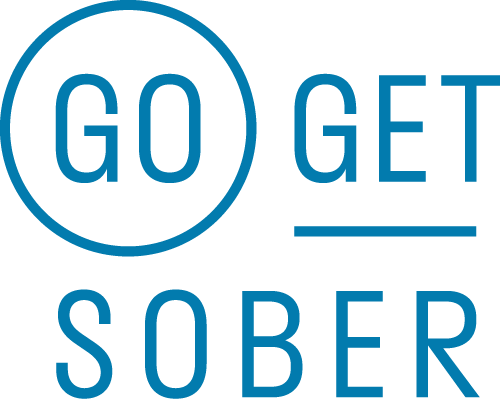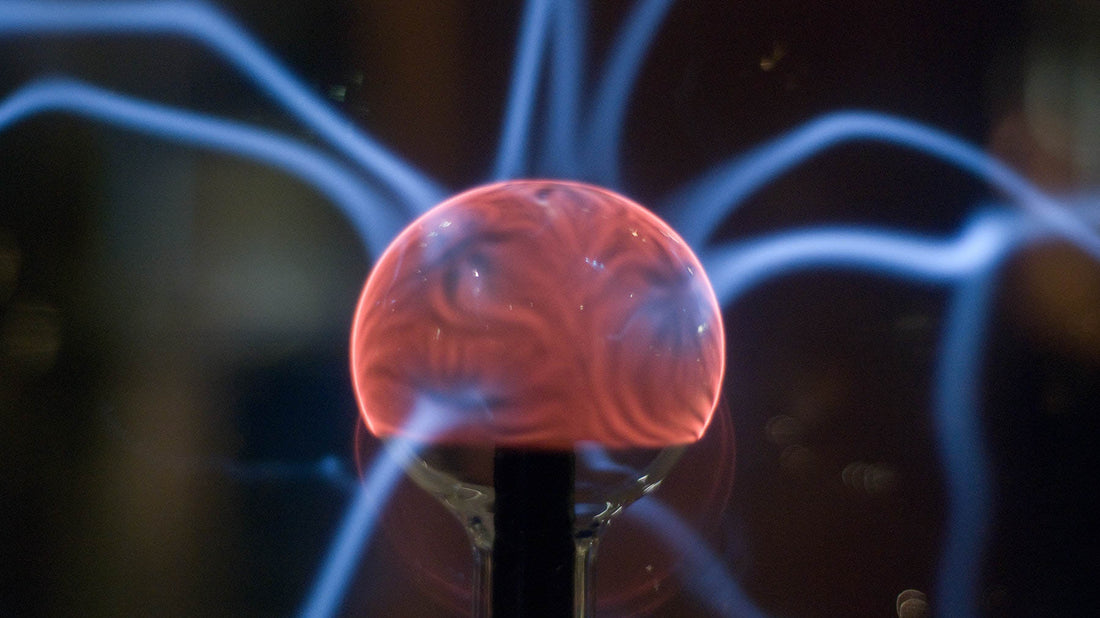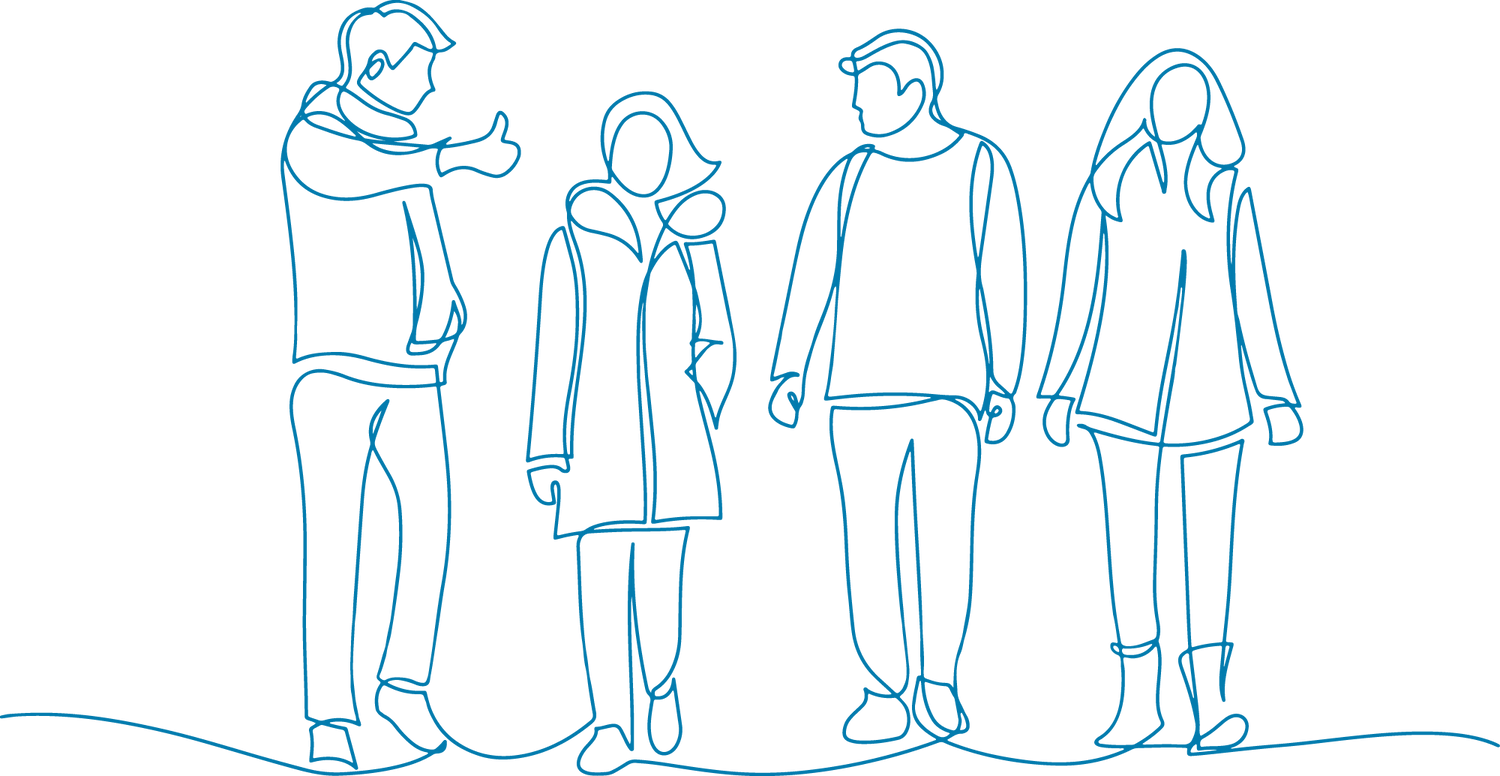I'm in control
I woke up this morning with a clear head. With excitement and energy, looking forward to what the day was going to bring (I didn’t know what that was, but I was glad to be anticipating it). I got up early, did a couple of hours work, sweated through a 15 minute workout before sitting down to enjoy a good breakfast. My brother and I then planned my day - the penultimate day of my little holiday. None of this would have been possible when I was drinking.
I love this feeling of being in control, being the driver of my own destiny with the power to create the reality that I want and the power to choose how I live my life.
Alcoholics Anonymous
I’ve been reading a lot of social media posts from all sorts of people who are living sober lifestyles and are sharing their experiences. There's a lot of talk about struggling, a life of denial and deprivation and being diseased. A lot of the posts I've been reading are from people who've used Alcoholics Anonymous (AA). The 12 Step Programme and the whole AA approach is based on an old non-denominational Christian movement popular in the U.S. and Europe in the early 20th century. It advocates taking twelve steps to recover from the "disease" of being an "alcoholic".
There are lots of people for whom the AA 12 Step approach works well and there are lots of people for whom it doesn't.
I find the 12 Step approach unhelpful and even problematic and I'd like to explore why. I've been thinking in particular about Step 1 and why it doesn't work for me...
Step 1 - I'm powerless against alcohol
Step number 1 requires that the participant admits they are “powerless” over alcohol and that their lives have become “unmanageable”. When you begin to develop an understanding of how much the language we use affects how we experience life and even shapes our own realities, you start to understand why using this kind of language can be unhelpful and even damaging.
If I were to give alcohol all the power, if I were to consider myself weak and helpless against it, it would be like relinquishing all responsibility and saying that there was somehow something wrong with me. It would be easy to slip into the commonly-adopted position of believing that I had a “disease”. Then, I would have to spend the rest of my life “battling” or “struggling against” something beyond my control.
This doesn’t sound like a happy, fulfilling or motivating way to live my life.
Power-FULL
I don’t want to make being powerless over alcohol my identity. I don’t want that to be how I define myself. In fact, the opposite. I don’t want to be power-LESS, I want to be power-FULL. When I realise that I have the power to live my life the way I want it, and to make the choices that are helpful to me, I am empowered and in control and more at ease with myself and my life.
I think it’s okay to describe my life when I was drinking as tricky to manage. It was certainly hard work – much harder work than being sober. But I wouldn’t describe it as unmanageable. Again, the opposite was true – I was making my own life very difficult and I was managing it well despite that. I was using some very high level management skills to deal with life even though I felt like I was falling apart. Throughout the latter end of my drinking days, I managed to keep it all together with skill, determination and planning. No-one who knew me suspected that anything was an issue for me, such were my management and acting skills.
So, words like powerless and unmanageable don’t work for me. They can prove problematic as they work at an unconscious level to take responsibility and choice away. If someone believes they are powerless, they can give up and hand over responsibility to someone or something else. It allows the "disease" to have them in its grip. For some people this might be a safe and reassuring place to be but not for me.
I understand that it can be scary to acknowledge that we're responsible for our choices when we've been doing so much to damage ourselves and our lives, and it can be scary to acknowledge that we have the power to change how we behave because in doing so, it can seem like we’re also acknowledging that we have somehow “failed” at life because we haven't done it yet. We haven't taken control. We’ve messed up. It can be a huge relief to relinquish that responsibility and absolve ourselves from guilt. One way we can do that is to imagine ourselves powerless against a disease that has control.
No such thing as failure, only feedback
But there are other ways of alleviating any feelings of failure and guilt. If you've had some personal coaching with me, you'll already know that there are very good reasons why we have made the choices to use alcohol in the way that we have and we don’t have to beat ourselves up over it. In fact, you'll know that there has been a positive intention behind our alcohol-use and have used it to help ourselves and to make ourselves feel better. We’ve actually been looking after our own needs really well – it’s just that the "medicine" we’ve been using has stopped working and we need to address the unconscious programming that has now kicked in and is driving our behaviours.
When we understand more about how our brains work and what has caused us to repeat these self-destructive patterns of behaviour; when we we get to understand the link between the wiring in our brain and our behaviours, we can breathe a sigh of relief that we're not somehow faulty. We don't have to feel like a failure. We can be kind to ourselves and let ourselves off the hook. We can recognise our own power and the choices that got us here, understanding that these choices were sensible and positively intended at the time, even if their consequences were damaging for us.
There is no failure here, only feedback. And, the feedback we’ve been getting is that this way of living is no longer working for us. So, we need to change what we’re doing and do something differently.
But how about doing this in a way that celebrates your own power, your own capacity to create the life you want? Doing it in a way that celebrates you and your strengths and your ability to take control and change your behaviour? Doing it in a way that nurtures your emotional wellbeing and allows you to take responsibility for where you’re taking your life?
Boost your self-respect and build yourself up
There are plenty of people who advocate the 12 Step Programme approach and for whom relinquishing power and control in step 1 is a strategy that works and works well. I’m firmly of the view that if something works for you, then great – keep doing it. But, because it doesn’t work for so many other people, it’s important to create alternative approaches to becoming sober so that there is more choice out there and more opportunities for people to find an option that will work better for them.
When people are at the point of quitting drinking, they're usually in a bad place. They usually have a pretty poor relationship with themselves. Their self-respect, self-belief and self-esteem is usually very low. They often believe bad things about themselves. I didn't like what I saw in the mirror the months before I stopped drinking. My eyes were sad and puffy, my skin was dull, my hangovers were making me look haggard - a shell of the person I used to be. My light had gone out. I could see the toll alcohol was taking and the life it was sucking out of me. I was physically and mentally curling in on myself. I was ashamed instead of proud of myself.
The more we can boost our self-respect, acknowledge our strengths, feel good about ourselves and learn to love ourselves more, the easier it becomes to stay strong and to stay sober with confidence. We don't do that by thinking of ourselves as powerless, we do that by acknowledging the strength and power we have and learning how to tap into it and use it. We need to take every opportunity to build ourselves up and to celebrate what's good, strong, unique, special and wonderful about us - the qualities and strengths that others love us for. The more we learn to love ourselves and build a healthy relationship with ourselves, the less need we have to reach for something outside of ourselves, like alcohol, to make us feel better.
Choose your words carefully
The words we use to describe ourselves are an important part of building this better relationship. If we use words like "powerless", we're planting that belief deep in the unconscious and more powerful part of ourselves. We're undermining our own relationship with ourselves and knocking ourselves down instead of building ourselves up. Most people, if they have an unhealthy relationship with alcohol, already hold some limiting and unhelpful beliefs about themselves - we want to be challenging those beliefs, not adding to the list!
It's good to be truthful and realistic. I have power over my life, my choices, my decisions and over alcohol when I'm not drinking. As soon as I have one little sip of alcohol, that power is diminished. The more I drink, the more I lose the power to make healthy choices. But, I have the power to choose whether to drink or not in the first place.
Sober, I am intact, whole and powerful.
Isn't that a better phrase than "I am powerless over alcohol"? It sends a much healthier message to our brains and helps to rewire them in a positive way that boosts our self-belief.
I believe that we have all the power and resources we need within us to change unhelpful behaviours and habits. That it's within our control to create the life we want to have. That you have the power within you to become the you you want to be. That you have power over alcohol. Alcohol might strip that power away from you when you're drinking it but you have the power of choice when you're not. We might need a little help and guidance to access these inner resources and to remind ourselves that they're there. We might need to learn some strategies to help us move forward with confidence. But we have the resources we need to change.
Do you find it helpful to consider yourself powerless against alcohol, or do you find it more helpful to believe that you have power, resources and choice? Are you power LESS or power FULL?


